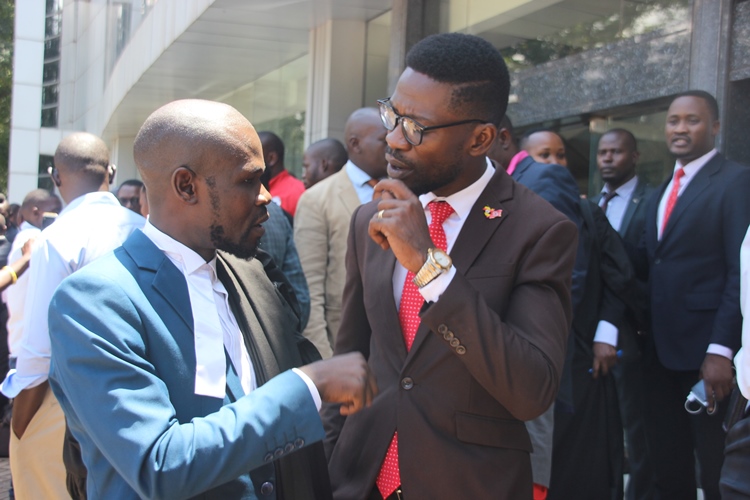- Details
- East Africa
- 183
Uganda police on Sunday denied reports that the country’s main opposition presidential candidate, Bobi Wine, had been arrested following Thursday’s election, in which President Yoweri Museveni, who has ruled Uganda since 1986, won his seventh term.
Opposition officials from the National Unity Platform (NUP) said security forces, including a helicopter, were deployed near Wine’s residence and claimed the police presence suggestion an arrest. In a subsequent update shared online, opposition figures said the candidate had relocated for security reasons. Police denied that any detention took place.
The NUP rejected the election outcome, claiming irregularities during the election process. They argued that the heavy deployment of security forces, arrests of party supporters, delays, restrictions on internet access during and after polling, failure of some biometric machines, and the last-minute shift from electronic to manual data collection all indicate foul play. Authorities have denied the allegations and maintained that the vote was lawful.
The developments have prompted several responses from international and regional organizations. The European Parliament has debated sanctions under its human rights framework over reported abuses, potentially affecting their biggest development partner, while the UN Human Rights Office condemned internet blackouts and the undermining transparency in the electoral process. Mikaela Raiser | U. Lima Carrera de Derecho, PE, Jurist News






